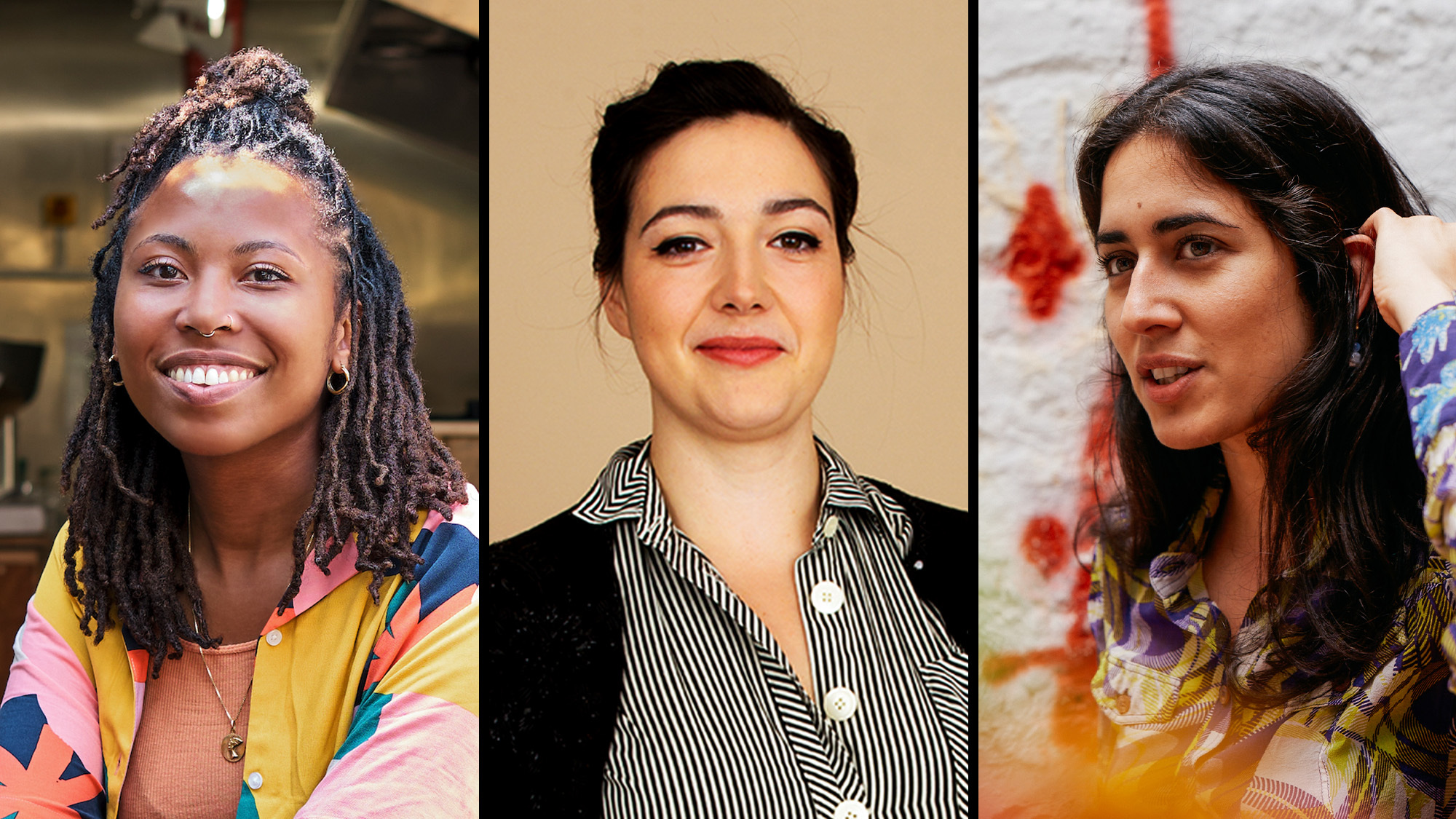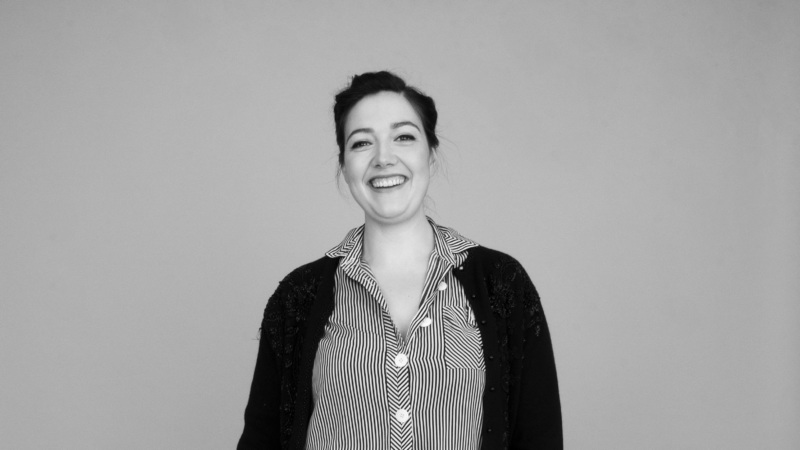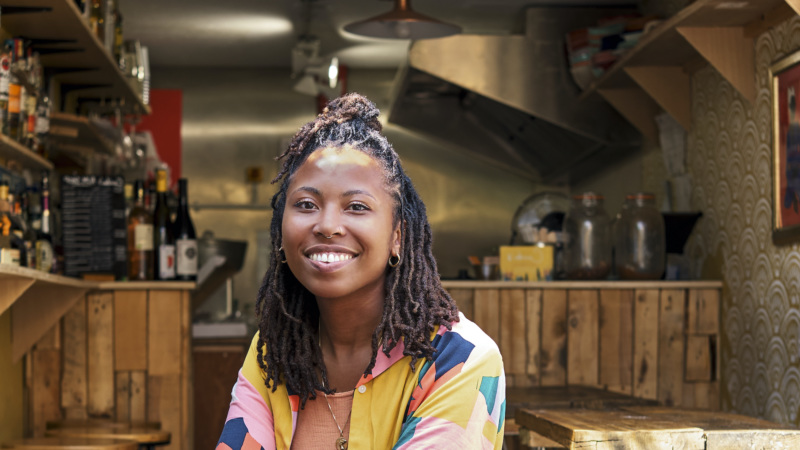
‘Remove the Word ‘Sorry’ From Your Vocabulary’ – Missy Flynn, Co-owner Rita’s
With their Soho restaurant Rita’s, Missy Flynn and partner Gabriel Pryce have created a space built on passion and a…
Close

In this special series, we examine the broad structural underpinnings of patriarchy as it relates to the restaurant industry, and speak to three leaders in hospitality on how it’s affected them, and how these imbalances can be addressed to create a level playing field.
Read our piece on the deep and broad range of obstacles within restaurants and their adjacent spaces that women in the industry face, and our in-depth conversations with pastry chef Anna Higham, Caribe’ founder Keshia Sakarah, and Rita’s co-founder Missy Flynn.
When looking at how to create equality within the restaurant industry, and specifically gender equality, the way we approach the topic matters. Do we look at it on a case-to-case basis? Or instead, should we identify the underpinning systems and structures within which the industry is based to enact change widely?
Like other Western societies, our hospitality industry is built on a patriarchal system. It’s a system that views men as most worthy of value, and in possession of gravitas and expertise. We can understand that by looking at who dominates the industry narrative. For example, on Visit London’s page of Best celebrity chef restaurants in London, nine of the 12 listed are white men; and since its inception in 2006, the BBC’s Great British Menu has only had eight women out of a possible 64 make it to the final banquet, the competition’s prize.
For those counting: Lisa Allen in 2010, Emily Watkins in 2014, Pip Lacey and Selin Kiazim in 2017, Ruth Hansom in 2020, Roberta Hall-McCarron in 2021, and Sally Abé in 2022.
Understanding this system is not just about who gets recognition, it is also about interrogating who is doing the labour at every level. This year saw an increase in the gender pay gap for hospitality workers, for the first time in three years, concluded a report by PwC, now at 7.7%, up from 5.4%. The report also showed that women were more vulnerable, with roles that are lower paid and casual.
Author Rebecca May Johnson, whose new book Small Fires looks at the domestic kitchen through the lens of gender and labour, explains how our understanding of the domestic space can translate into an unequal space within the professional environment; “If domestic work – cooking, cleaning, caring – were highly valued and paid, wages would have to be higher in other areas to pay for them. Patriarchy currently exists in a power structure and ideology that – in tandem with systemic racism and neo-colonial systems of value – enforces the low status of domestic work.”

With their Soho restaurant Rita’s, Missy Flynn and partner Gabriel Pryce have created a space built on passion and a…

Having cemented herself as one of London’s premiere culinary talents at Lyle’s and Flor, pastry chef Anna Higham has won…

On matters of inclusion and diversity, Caribe’ chef and founder Keshia Sakarah speaks her mind. Her restaurant Caribe’ was founded…
On a practical level, female workers in the industry face embedded patriarchal bias at every juncture. These structures play out in financial spaces – business loans, signing leases – and also in the way that literal spaces are built. Both the kitchen and the dining room floor become fast paced environments during service, where speed is of the essence, but often equipment or ingredients are placed in cupboards and shelves unreachable for shorter people.
Elsewhere, back of house spaces are often crammed and small, to allow dining rooms to fit more guests, meaning that staff are constantly in close confinement and in personal space. If women are in the minority in a male dominated kitchen, this closeness might not feel comfortable or even safe. Sexual harassment and safety is a key concern for women.
Women are also often left to create community and build solutions to issues of inequality, when such inequality is a societal problem that everyone will benefit from. In a 2020 interview, community organiser Jenny Lau explained “my observation (speaking broadly here) has been that there is a clear division of labour in the activism work, but not necessarily a voluntary one: women are the educators, organisers, therapists and carers. They do the bulk of emotionally tiring, and time-consuming work such as the backend stuff, the admin. Men channel their energy into pure rage and fury, which is praised but not challenged.”
Johnson has written extensively on gender, power and structures and feels hopeful, seeing solutions and inspiration in alternative restaurant spaces; “co-ops, canteen projects such as the National Food Service based in Sheffield, and radical histories of food provision [are places] to turn to.” She says “some real dreaming and organising has to be done to challenge patriarchy!”
So what are the structures within the industry that make it a place where men are more likely to find stability and to succeed? And how can these structures be challenged or subverted to create more equitable environments for all? From breaking down and identifying these structural underpinnings that can make some kitchens challenging for non-cis men, to looking at the intersection between gender and race, we asked three leaders in the industry to share their thoughts:
Anna Sulan Masing is a London-based writer and academic, and a co-founder of Sourced Journeys and Cheese Magazine. Follow her on Twitter and Instagram. Follow Resy, too.